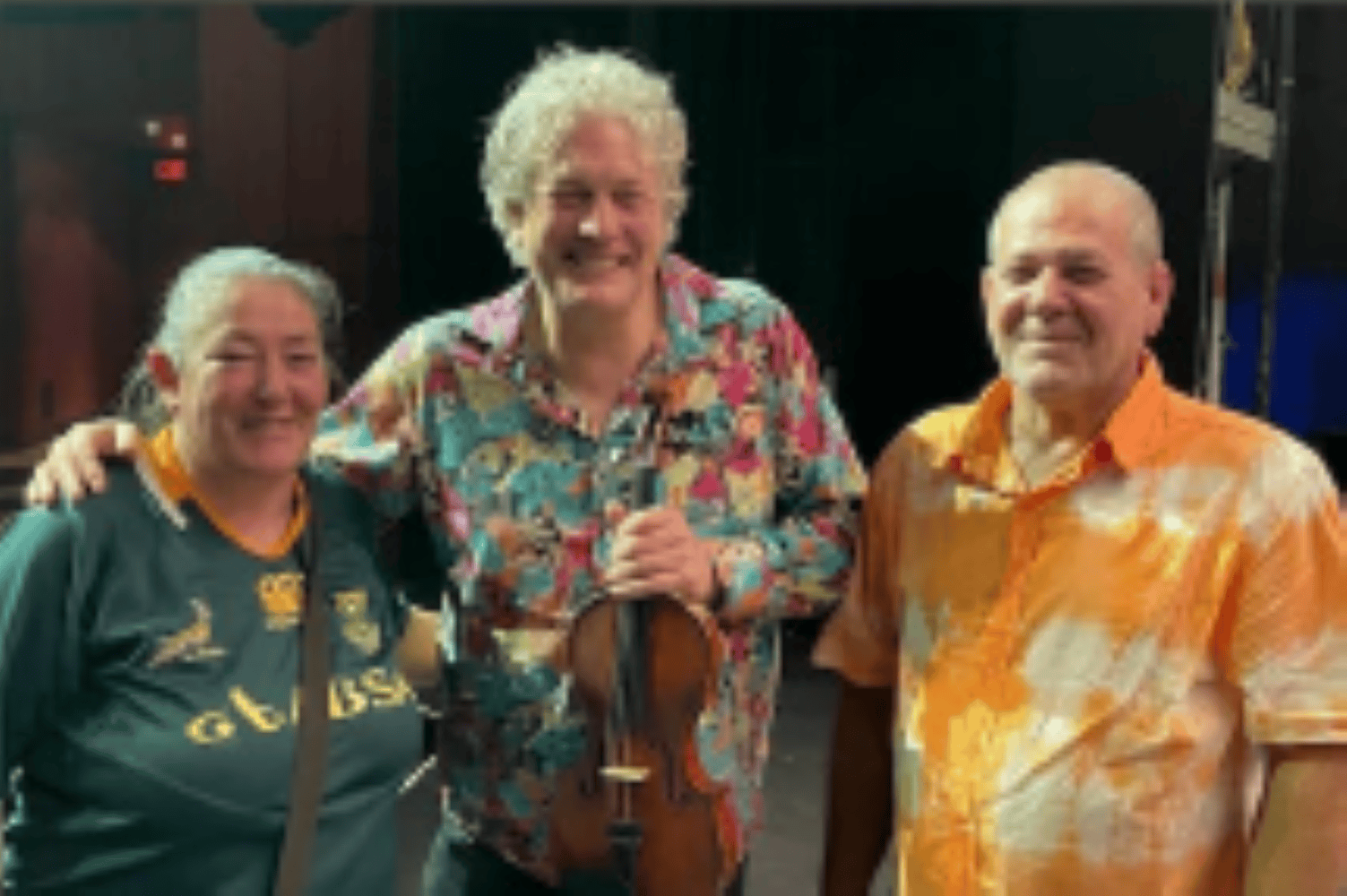Money can never replace a unique item like a 128-year-old violin, but it could help you replace it if you earn a living playing it.
Special insurance on musical instruments and collectors’ items can be essential, especially if you are a professional musician, as Petrus de Beer, principal first violin of the Cape Town Philharmonic Orchestra, found out when his 128-year-old violin was stolen from his car in July 2022.
He inherited the violin, crafted by the renowned French violin maker Léon Fischesser in 1896, from his mother. The violin is valued at €17 000 (approximately R325 000), but it was not insured.
However, the story had a good ending for De Beer as a couple who bought it at a flea market looked it up on the internet when they wanted to downscale 18 months later and saw his post about his stolen violin. They returned it to him.
Tarina Vlok, managing director at Elite Risk Acceptances, a high-net-worth insurer and subsidiary of Old Mutual Insure, says the heart-warming reunion of De Beer with his treasured violin serves as a touching reminder of the emotional and financial risks associated with valuable possessions.
“It shows how important it is to insure valuable items to safeguard against unexpected loss and damage. Insurance cannot protect the sentimental value of beloved pieces, but it can ensure that musicians and collectors are not financially out of pocket if the worst happens.”
ALSO READ: This is how to boost your chances of a successful short-term insurance claim
Lessons from the violin theft
What can musicians and collectors learn from this? Vlok says for musicians instruments are highly personal and valuable possessions. “Theft or damage to these items can not only affect an emotional connection to the instrument but also livelihoods.”
Vlok says owners who earn a living from their craft must consider specialised insurance for high-value items, such as musical instruments, jewellery and fine art, especially professional musicians who often invest significantly in their instruments.
“Standard insurance policies typically cover theft, damage, fire and water-related incidents but specialist insurers may provide more comprehensive cover. However, professional musicians must talk to their brokers to ensure they have the appropriate cover in place for their valuable instruments.”
She points out that domestic insurance normally only covers items that are for personal or domestic use. For amateur musicians, homeowner’s insurance may provide some cover for instruments that are used in the home, but not for professionals.
ALSO READ: Learn from these short-term insurance complaints
Rare musical instruments require specialised insurance
“However, due to their rarity and craftsmanship, some instruments require specialised insurance and where and how the instrument is used is important for the insurer to know. For instance, the 300-year-old Nicolo Gagliano cello borrowed by Italian musician Sam Lucas comes with strict conditions, including that the instrument remains with him when he travels, as placing it in cargo holds can expose them to significant risks.”
Vlok says instruments that are aged and require special care, like in the case of De Beer’s violin, need tailored policies as they often possess unique qualities that significantly influence their value, such as craftsmanship, origin and historical significance.
“Standard policies typically do not accommodate these factors, making a tailored policy necessary to accurately assess and cover the instrument’s worth.”
She says the cost of insuring a musical instrument largely depends on its value. “While proof of purchase may be enough for standard instruments, rare and expensive pieces often require expert appraisal to establish their true insurable value.”
ALSO READ: Answers to the 6 most popular insurance questions
Tips for buying insurance for precious and valuable items
Vlok gives these tips for insuring precious and valuable items:
- Rare instruments, like De Beer’s violin, need insurance that covers a wide range of risks, such as theft and damage. Make sure your policy considers both the market value and the historical significance of the instrument.
- When travelling, keep the valuable instrument with you during transit to avoid damages in the cargo hold.
- In the event that you play a loan instrument, inform your broker or insurer so that they can do the necessary underwriting.
- Maintain detailed records, including photographs and appraisals, to simplify the insurance claims process for valuable items.
